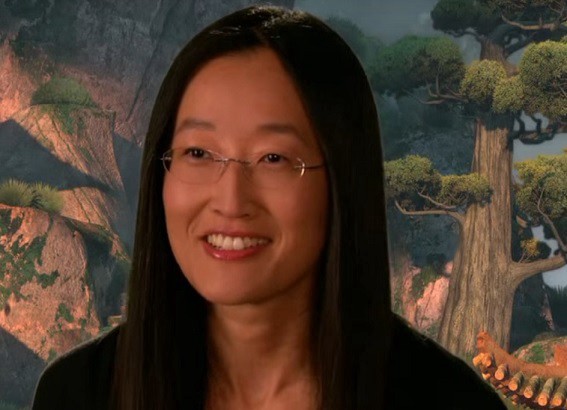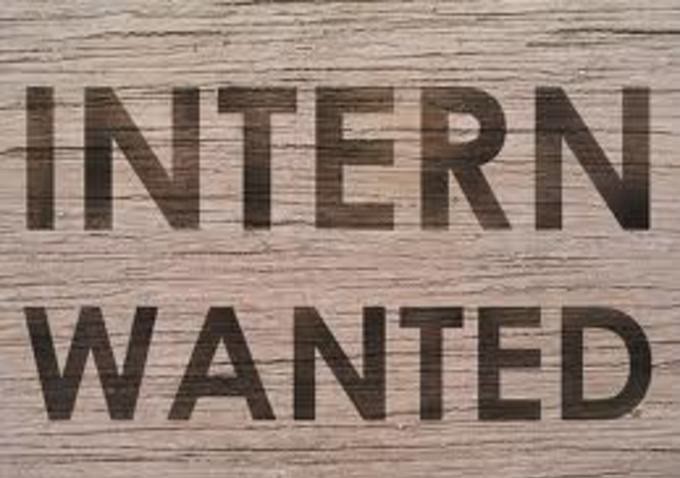While the underrepresentation of women in key positions behind the scenes in the film and TV industry is getting more attention now than ever, the numbers don’t seem to be shifting as significantly or as quickly as we’d like to believe. A promising-sounding event is being planned to address Hollywood’s gender gap. The three-day Women’s Media Summit, scheduled for March 31-April 2 in Provincetown, MA, aims to develop “actionable strategies” towards achieving gender equality in the industry, Deadline reports. The event is being produced by Christine Walker, president of New Globe Films and executive director and CEO of the Provincetown Film Society.
“In this current political climate, now more than ever, it’s time to come up with meaningful actionable strategies that will effect an immediate shift toward gender equity among American storytellers,” the organizers told Deadline. “The goal of the summit is to create a unified, non-partisan strategy of federal action and legislative reform to achieve enduring gender equity among U.S. directors and storytellers in accordance with America’s ideal of fairness and equal representation.”
Deadline writes that the “co-chairs of the summit are Dr. Caroline Heldman, principal researcher for the Geena Davis Institute for Gender in the Media and an associate professor of politics at Occidental College in Los Angeles, and director Maria Giese, who in 2013 took the issue of discrimination against female film and TV directors to the EEOC and then pushed the ACLU to press the EEOC to undertake its ongoing investigation.”
“The stories and images that emerge from U.S. entertainment media help define our national ethos, contribute to the voice of our civilization, and are powerful influencers of the way people look at issues both here and abroad,” Giese commented. “Yet despite the attention paid to the staggering lack of gender equity in the media, nearly 100 percent of those stories remain outside of the control and influence of women.”
Day 1 will serve to lay the foundation of the event. “Speakers and panelists will provide an overview of the issues…followed by working groups that will explore multiple solutions and strategies on Day 2,” Deadline reports. “On Day 3, the working groups will present their best strategies to the entire assemblage, which will vote on the order of priorities.”
The goal of the summit is to produce a “White Paper” that clearly identifies “actionable strategies with benchmarks to measure their success” in securing more opportunities for female directors, writers, producers, cinematographers, composers, production designers, editors, casting directors, sound designers, and costume designers. Hopefully the White Paper will be made available to the public after the event — we’re very curious to see what the organizers, speakers, and participants come up with.
“It’s time to take the problem-solving out of Hollywood,” Walker insisted. “As a result, we are inviting representatives from a variety of industries and sectors.” She also emphasized the event’s commitment to inclusivity: “We will also consider our event successful if we manage to attract a diverse group of individuals from different racial, ethnic, sexual orientation, and economic backgrounds. We will do this by providing stipends to those in need,” she said.
Giese articulated what sets the Summit apart from other events of this kind — “commitment to pursuing solutions that we can implement after the forum is over, and follow up on through on-going programs.” She explained, “We are treating the exclusion of women of all ethnicities from contributing to our nation’s cultural narrative as a civil rights dilemma, a deeply entrenched problem in which women cannot control their own messaging. Instead, women’s creative expressions and concerns are filtered through a male voice piece. This blocks women from their full rights under the law, and it is not in keeping with American ideals of freedom and equality.”
According to the organizers, key questions the summit will consider include:
Can reform to Equal Employment Opportunity law result in greater effectiveness in reducing industry-wide discrimination against women directors?
Is the FCC being underutilized in terms of insuring that American entertainment media content represents women and the female perspective equally?
Can Affirmative Action programs still be utilized to increase the employment of American women storytellers?
Can the 5th Amendment, the 14th Amendment, and the Equal Protection Clause be more effective in supporting Title VII of the 1964 Civil Rights Act?
Are women being denied free speech if they are effectively excluded from participation in American storytelling through systemic bias?
Could exclusion from one’s chosen profession through discrimination and systemic bias be interpreted as a denial of the pursuit of happiness guaranteed in the Declaration of Independence?
Is ratification of the Equal Rights Amendment essential to the solution?
The stated goal of the DGA’s diversity efforts are to increase the number female and minority film and TV directors. But the organizers ask: “Do the diversity policies of the DGA effectively aid the studios in violating Title VII?”
The Summit sounds like an action-oriented approach to tackling the problem of underrepresentation in Hollywood, and one that we’re hoping will lead to tangible results.







